
Find Help
More Items From Ergsy search
-

What happens if I have special dietary needs?
Relevance: 100%
-
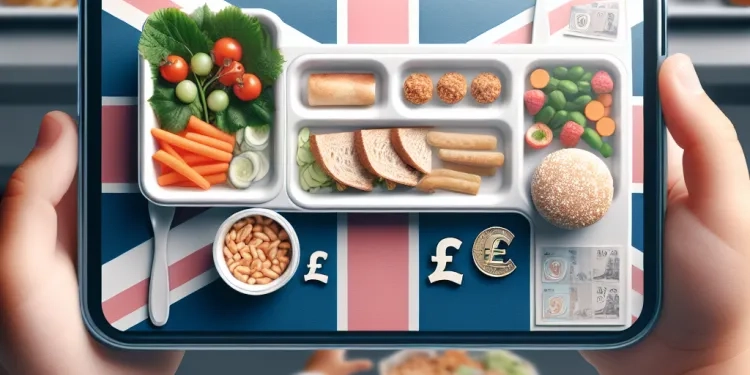
How are special dietary requirements catered for in school meals?
Relevance: 79%
-

Are dietary needs accommodated in care homes?
Relevance: 68%
-

Can I get help with special dietary needs at a food bank?
Relevance: 55%
-

Do I need any special equipment for eye self-testing?
Relevance: 53%
-
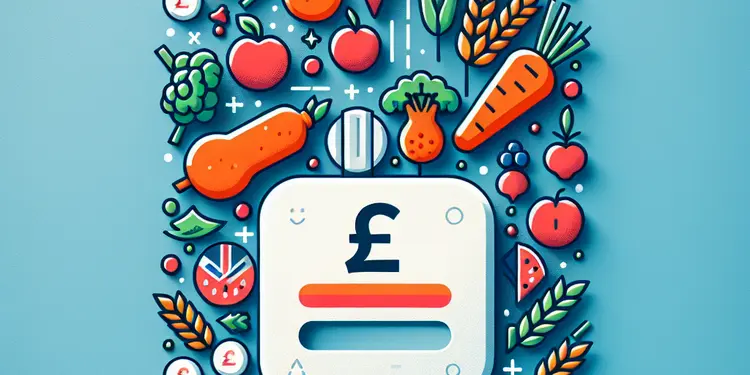
What is dietary fiber?
Relevance: 49%
-

Do I need special equipment to be part of a virtual ward?
Relevance: 49%
-

What is special K?
Relevance: 49%
-

Are there special dietary restrictions for someone with a stoma bag?
Relevance: 48%
-

Are there NHS dentists available for patients with special needs?
Relevance: 48%
-

What is dietary fiber?
Relevance: 47%
-

What are the types of dietary fiber?
Relevance: 47%
-
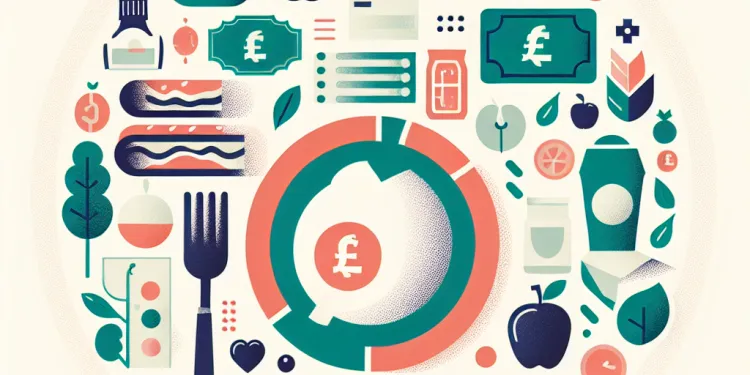
Are there any dietary restrictions before a C-section?
Relevance: 47%
-

Does Baxdrostat interact with dietary supplements?
Relevance: 45%
-
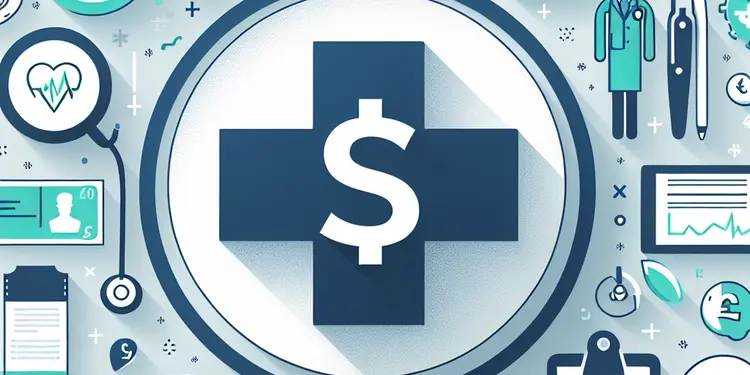
Are there opportunities for specialization in primary care support?
Relevance: 44%
-
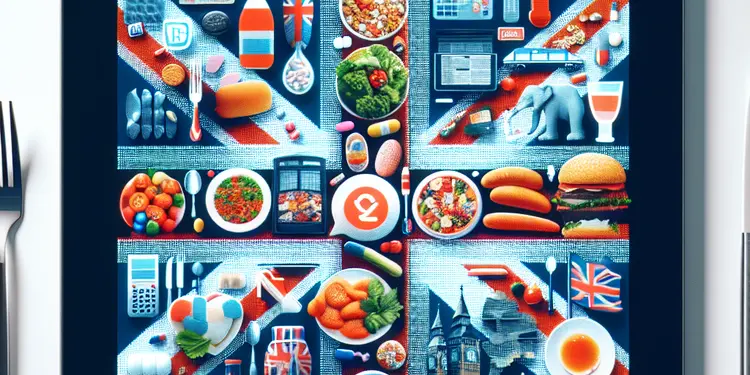
Are there any dietary restrictions while taking Abiraterone?
Relevance: 44%
-
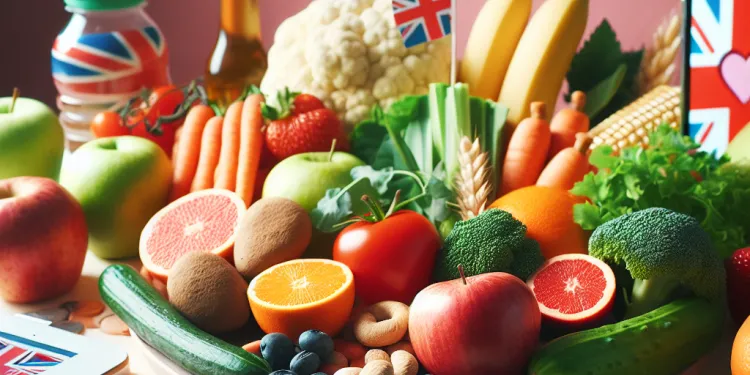
What dietary changes can help manage Crohn's disease?
Relevance: 43%
-

Can I receive specialized treatment in EU countries?
Relevance: 41%
-

Are there any dietary factors that influence GLP-1 secretion?
Relevance: 41%
-

Are there dietary recommendations while taking Wegovy?
Relevance: 40%
-

Do I need special equipment to be part of a virtual ward?
Relevance: 38%
-

Are there special programs for prisoners with indefinite sentences?
Relevance: 38%
-
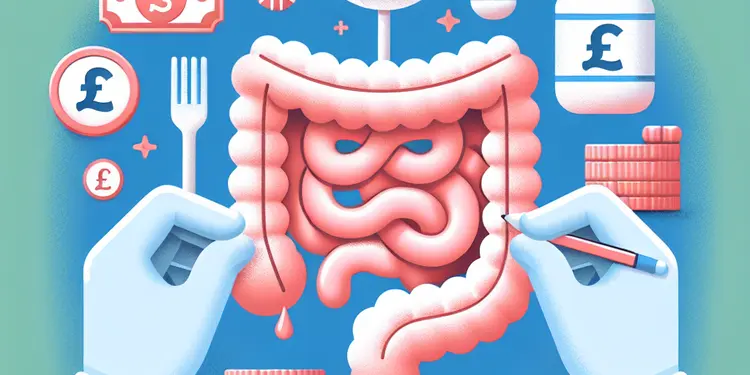
Are there any dietary restrictions before taking a fecal occult blood test?
Relevance: 38%
-
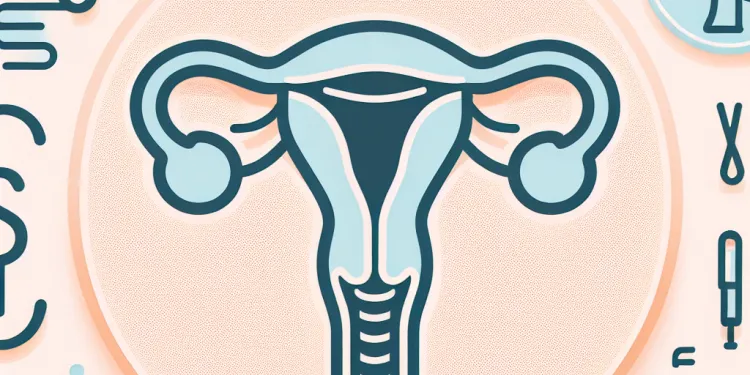
Does the womb lining test require any special preparation?
Relevance: 33%
-

Can I specialize in a certain area of nursing with the NHS?
Relevance: 32%
-

How do I request special accommodations for the DVSA Theory Test?
Relevance: 31%
-

Are there any special precautions for pets during a heatwave?
Relevance: 31%
-

Do you need to follow a specific diet while on Wegovy?
Relevance: 30%
-

Do all people need the same amount of salt?
Relevance: 30%
-

Who is responsible for assessing SEND needs?
Relevance: 29%
-

Is a prescription needed for air physiotherapy?
Relevance: 28%
-

How can I advocate for an inmate's needs?
Relevance: 27%
-

Is a prescription needed for mobility equipment?
Relevance: 27%
-

Do I need a Hip Replacement?
Relevance: 26%
-
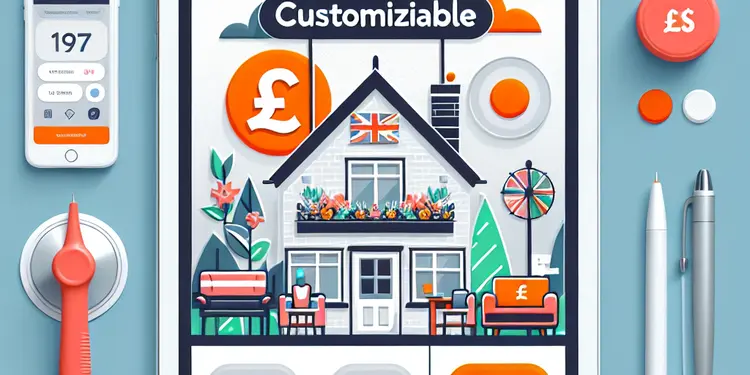
Can live-in care be customized?
Relevance: 26%
-
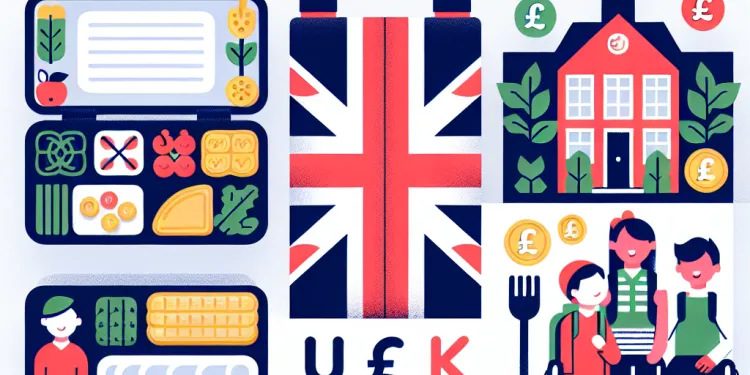
Can children with disabilities access school meals?
Relevance: 26%
-

Who needs to pay for a TV license in the UK?
Relevance: 26%
-
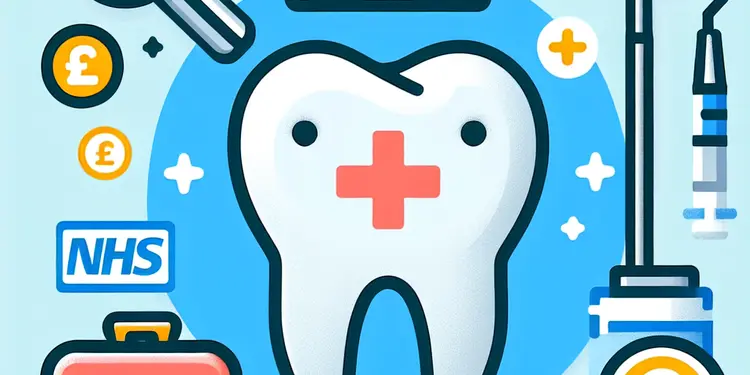
Do I need a referral to see an NHS dentist?
Relevance: 26%
-
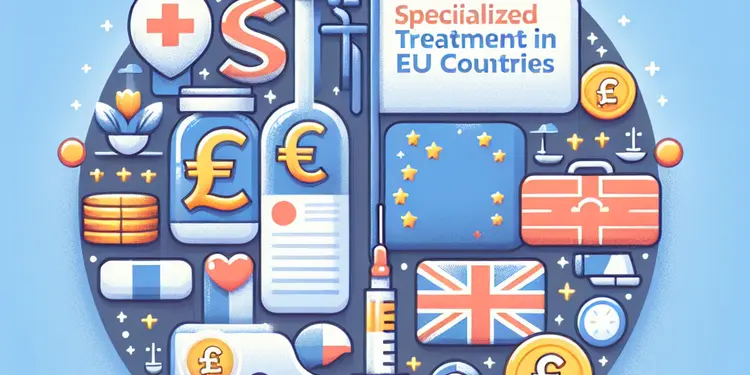
Can I receive specialized treatment in EU countries?
Relevance: 25%
-

Can I receive specialized treatment in EU countries?
Relevance: 25%
Understanding Special Dietary Needs
Special dietary needs can arise from a variety of reasons ranging from health conditions, allergies, personal preferences, or ethical beliefs. In the UK, addressing these needs effectively requires understanding, planning, and utilizing available resources to ensure nutritional well-being.
Identifying Your Dietary Requirements
To manage special dietary needs successfully, it is crucial to identify your specific requirements accurately. This may involve an assessment by a healthcare provider or a registered dietitian. Common dietary needs include gluten-free, dairy-free, nut-free, vegetarian, vegan, low sugar, and low salt diets. Each comes with its unique set of guidelines and considerations.
Managing Allergies and Intolerances
Food allergies and intolerances can have serious health implications. In the UK, food packaging regulations necessitate clear labeling of common allergens such as peanuts, tree nuts, soy, eggs, milk, fish, shellfish, and wheat. Reading food labels and asking questions when dining out is essential. Many restaurants and cafes offer allergen menus or are willing to accommodate specific requests with advance notice.
Vegetarian and Vegan Options
For those following vegetarian or vegan diets, the availability of plant-based options is growing. Many supermarkets provide a wide range of products suitable for these diets, often marked with vegetarian or vegan symbols. Additionally, a significant number of eateries, especially in urban areas, cater specifically to plant-based diets, making dining out more accessible for individuals with these preferences.
Medical Diets and Healthcare Support
For medical conditions like coeliac disease, diabetes, or hypertension, dietary management is crucial. The NHS provides resources and support through dietitians and nutritionists who can help develop meal plans that meet medical and nutritional needs. These services can often be accessed via referral from a GP. It's also important to routinely monitor any changes in health status and adjust dietary needs accordingly.
Resources and Support
There is a wealth of resources available in the UK for individuals with special dietary needs. Organisations like Allergy UK, the Vegetarian Society, and Coeliac UK offer guidance, support, and up-to-date information. Joining community groups and forums can also provide support and share experiences with others facing similar challenges. Online platforms provide recipes, tips, and community advice tailored to individual dietary restrictions.
Conclusion
Managing special dietary needs involves a combination of understanding personal requirements, utilizing healthcare resources, and making informed choices about food consumption. With growing awareness and resources, people with special dietary needs can maintain a well-balanced and nutritious diet while enjoying a variety of culinary experiences.
Knowing About Special Diet Needs
Some people have to eat special foods because of health, allergies, or beliefs. In the UK, it is important to learn and plan to eat healthy and cover these needs.
Finding Out What You Need
To eat the right foods, you need to know exactly what you need. A doctor or diet expert can help. Some diets you might hear about are gluten-free, dairy-free, nut-free, vegetarian, vegan, low sugar, and low salt. Each has its own rules.
Handling Allergies and Intolerances
Food allergies can be serious. In the UK, food packages have to say if they contain things like peanuts, milk, or wheat. Check labels and ask when eating out. Many places can make special foods if you ask early.
Vegetarian and Vegan Choices
If you don't eat meat or animal products, many stores have more plant-based foods now. Look for vegetarian or vegan signs on food. Many restaurants also have plant-based meals, especially in cities.
Medical Diets and Health Help
If you have conditions like coeliac disease or diabetes, eating right is important. The NHS can help you with meal plans. You might need to see a diet expert through your doctor. Keep checking how you feel and change your foods if needed.
Help and Support
There are many places to get help in the UK for special diet needs. Groups like Allergy UK and the Vegetarian Society offer help and information. You can join community groups or forums to talk with others. Online, you can find recipes and advice for your diet.
Conclusion
Eating with special needs means knowing what you need, using health services, and picking the right foods. With more knowledge and help, you can eat healthy and try lots of different foods.
Frequently Asked Questions
What should I do if I have special dietary needs?
Notify the event organizer or the establishment in advance to discuss your requirements.
Can restaurants accommodate special dietary needs?
Many restaurants offer menu options or modifications to accommodate dietary restrictions. It's best to call ahead to confirm.
Are airlines able to provide meals for special dietary needs?
Yes, most airlines offer special meal options if requested in advance. Contact the airline to make arrangements.
What if I have multiple dietary restrictions?
Communicate all your restrictions clearly to ensure they can be accommodated properly.
How can I ensure my dietary needs are met at an event?
Contact the event organizer early and provide detailed information about your dietary requirements.
Is it common for catered events to offer special dietary options?
Many catered events are equipped to handle common dietary requests, but you should confirm with the organizer.
What are common types of special dietary needs?
Common dietary needs include gluten-free, vegan, vegetarian, kosher, halal, nut-free, and dairy-free diets.
Will I be charged extra for special dietary meals?
Some establishments may charge extra for modifications. It's best to ask about any additional costs upfront.
Can hotels accommodate special dietary needs?
Many hotels offer options for special dietary needs, and it's advisable to inform them before your stay.
What if my dietary needs change last minute?
Contact the provider as soon as possible to see if adjustments can be made, but understand that last-minute changes might not be possible.
Are buffets a good option for people with special dietary needs?
Buffets can offer more variety, but cross-contamination is a risk. It's important to inquire about how food is prepared and served.
How can I explain my dietary needs to a chef when dining out?
Be clear and specific about your restrictions and ask how dishes can be tailored to meet your needs.
Do schools typically accommodate special dietary needs?
Many schools provide options for children with dietary needs. It's important to discuss your child's requirements with school staff.
How can I manage my dietary needs when traveling?
Research restaurants ahead, pack suitable snacks, and communicate needs to hotels and airlines in advance.
Can I bring my own food if my dietary needs cannot be met?
Many places allow outside food when specific dietary needs cannot be accommodated. It's always best to ask beforehand.
What role does labeling play in managing dietary needs?
Accurate labeling provides important information about ingredients and helps avoid allergens or restricted foods.
Is cross-contamination a concern for special dietary needs?
Yes, especially for allergies. It's important to discuss preparation methods to avoid cross-contamination.
Are there apps or resources to help with dietary needs?
Yes, there are numerous apps and websites designed to help manage dietary needs and find suitable dining options.
Can cruise lines cater to special dietary needs?
Many cruise lines offer menus and meal options to accommodate dietary restrictions, with advanced notice being essential.
What should I do if my dietary needs are not being met?
Politely inform the service provider of the issue and see if a solution can be found. If not, having a backup plan, like carrying suitable snacks, can be helpful.
What to Do If You Eat Different Foods
If you have to eat special foods, tell the people who make your meals. This means if you can't eat some things because they make you feel sick, or if you eat special foods for other reasons.
You should also:
- Make a list of foods you can eat.
- Ask for help from a doctor or dietitian. They know a lot about food and can help you choose what's best for you.
- Use apps or books that help you plan meals.
- Tell your family and friends about your food needs, so they can help too.
Tell the event organizer or the place where it is happening about what you need. Do this before the event. You can talk to them or send them a message. It is important to do this early so they have time to help you.
Can restaurants help with special food needs?
Many restaurants can help if you have special food needs. This means they can make food just for you if you can't eat certain things.
If you need help knowing which foods are safe, you can:
- Ask the waiter or chef before you order.
- Look at the menu for special notes like "gluten-free" or "nut-free".
- Call the restaurant before you go and ask if they can make special food for you.
Don't be afraid to talk to the restaurant staff about what you need. They want to help make sure you have a good meal.
Lots of restaurants have special menu choices for people who can't eat certain foods. It is a good idea to call before you go to make sure.
Can airlines give special meals?
Airlines can make special meals if you have different food needs. You can ask for them when you buy your ticket or before you fly.
Here are some tips:
- Tell the airline about your special food needs early.
- Use pictures to show what food you can eat.
- Try using tools like a picture board to help explain.
Yes, most airlines have special meals. You need to ask for them before your flight. Call the airline to set it up.
What if I can't eat many different foods?
Tell people what you need and what you cannot do. This helps them understand and support you better.
How can I make sure I get the right food at an event?
If you are going to an event, tell the people in charge what food you need. You can ask if they have food that you can eat.
If you have special food needs, like allergies or if you don't eat certain things, say this early. It helps to tell them before the event.
Sometimes, you might need to bring your own food, just in case. This way, you know you have food you can eat.
If you're not sure what to do, ask someone you trust, like a friend or family member, to help you.
You can use tools to help you remember, like writing a list or setting a reminder on your phone.
Tell the event organizer what foods you can and cannot eat. Do this as soon as you can.
Do events with food often have special meals for different diets?
Yes, many events with food do have special meals.
Some people can't eat certain foods because of allergies or health reasons.
At events, there might be meals for people who don't eat meat, are allergic to nuts, or need gluten-free food.
If you need a special meal, you can:
- Ask the event planner before the event.
- Look for signs or labels on the food.
- Ask staff at the event for help.
It's okay to ask questions if you're not sure!
Lots of events with food are ready for special diet needs, but you should ask the person in charge to be sure.
What are some special diets people might need?
Some people have special ways they need to eat. Here are some:
- Some people can't eat foods with gluten. These are called "gluten-free" diets.
- Some people don't eat any animal products. This is called a "vegan" diet.
- Some people don't eat meat. These people have a "vegetarian" diet.
- Some people eat food made in a special way called "kosher."
- Some people follow a special diet called "halal."
- Some people can't eat nuts. They need a "nut-free" diet.
- Some people can't have foods with milk. They need a "dairy-free" diet.
If it's hard to remember these, it's okay to ask for help.
Do I have to pay more for special food?
Some places might charge more if you ask for changes. It's a good idea to ask if there will be extra costs before you decide.
Can hotels help with special food needs?
Many hotels can help you if you have special food needs. You can ask them to make food just for you.
Before you go, call the hotel and tell them what you need. They can tell you what they can do to help.
You can also bring your own food if it makes you feel better. You might use things like portable coolers to keep your food fresh.
Lots of hotels can make food for special diets. It's a good idea to tell them what you need before you go.
What if my food needs change at the last minute?
If you need to change what you eat at the last minute, don't worry! Here are some tips:
- Try to tell someone as soon as you can. This helps them get the right food for you.
- Think about what foods you can have instead. They could be similar to what you planned to eat.
- If you need help, ask a friend, family member, or caregiver to talk to the food provider for you.
- Use pictures or a list to show what foods you can eat. This can be very helpful if you find speaking difficult.
- Remember to stay calm. People can usually help fix things for you.
It can also be a good idea to have a plan of what foods you can eat. This makes it easier to change your meals if you need to.
Talk to the provider quickly to see if they can change things. But remember, it might be too late to make changes at the last minute.
Are buffets a good choice for people with special diets?
Buffets have many different foods.
If you have a special diet, look for foods you can eat.
Ask the staff if you are not sure.
You can also use a food app to help check ingredients.
Buffets have lots of different foods to choose from. But sometimes, foods can get mixed together by accident. It's a good idea to ask how they cook and serve the food.
How do I tell a chef about my food needs when I eat out?
When you go to eat at a restaurant, you might need to tell the chef about your food needs. Here is how you can do it:
- Be clear: Tell the waiter or chef if you can't eat certain foods (like nuts or dairy) or if you like your food a certain way.
- Write it down: If you find it hard to say, you can write your food needs on a piece of paper and give it to the chef.
- Use pictures: If you have a smartphone or tablet, you can show them pictures or use an app to explain your diet.
It can also help to have a trusted friend or family member with you who knows your needs and can help explain them.
Tell people what foods you can’t eat. Ask them how they can change the food to suit you.
Do schools usually help with special diets?
Many schools have different food choices for kids who need special diets. It's good to talk to the school about your child's needs.
How can I eat the right food when traveling?
When you travel, it can be hard to eat the right food. Here are some simple tips:
- Plan your meals before you go. Think about what food you will need.
- Bring healthy snacks, like fruits or nuts, with you.
- If you stay at a hotel, ask if there is a kitchen where you can cook.
- Look online for restaurants that have food you can eat.
- Use apps on your phone to find food shops nearby.
For more help, you can use tools like:
- Picture cards with food options to help you choose.
- Voice assistants on your phone to help find information.
These tips can help you eat well, even when you travel!
Look up places to eat before your trip. Bring snacks you like. Tell hotels and airlines what you need before you go.
Can I bring my own food if I have special diet needs?
If you have special food needs, you can bring your own food. This is important if the food provided is not right for you.
You can ask for help if you are not sure. Someone can help you figure out what to do.
Some places let you bring your own food if you have special food needs. It’s a good idea to ask before you visit.
How do food labels help with eating the right food?
Labels on food give you important information. They tell you what is in the food. This is helpful so you can avoid foods you can't eat or are allergic to.
Can cross-contamination be a problem for special diets?
Cross-contamination happens when foods mix in a way they shouldn't. This can cause problems for people with special diets, like allergies.
Here are some tips to help:
- Keep cooking areas clean.
- Use different tools for different foods.
- Label food containers.
These can help keep food safe and healthy.
Yes, it is very important for allergies. Talk about how to prepare food safely. This will help stop mixing foods by mistake.
Can apps or tools help with food needs?
Yes, there are apps and tools that can help you with your food needs. They can tell you what foods are good for you and how to make healthy meals.
Some useful apps and tools are:
- MyFitnessPal: It helps you track what you eat and gives tips for healthy choices.
- Yummly: This app finds recipes you will like and helps you cook them.
- AllergyEats: This helps people with food allergies find safe places to eat.
These apps can be a great help. You can try them and see which ones work for you!
Yes, there are lots of apps and websites that help you with your diet and finding places to eat.
Do cruise ships have food for special diets?
Yes, cruise ships can make food for special diets.
If you need certain foods, tell the cruise line before your trip. This helps them plan.
Here are some helpful tips:
- Make a list of foods you can eat.
- Talk to the chef when you board the ship.
- Use pictures or apps to show what you need.
Cruise ships can make special menus for people who have to eat certain foods. But you need to tell them before you go on the trip.
What can I do if I am not getting the food I need?
Here are some steps to help you:
- Tell a teacher, carer, or family member about your food needs.
- Write a list of the foods you need.
- Ask for help from a doctor or a nutrition expert.
Use these tools and tips:
- Picture cards with foods you need.
- Make a food chart to track what you eat each day.
Tell the service provider nicely about the problem and see if they can fix it. If they can't, it’s a good idea to have a backup plan. You can bring your own snacks just in case.
Useful Links
This website offers general information and is not a substitute for professional advice.
Always seek guidance from qualified professionals.
If you have any medical concerns or need urgent help, contact a healthcare professional or emergency services immediately.
Some of this content was generated with AI assistance. We’ve done our best to keep it accurate, helpful, and human-friendly.
- Ergsy carfully checks the information in the videos we provide here.
- Videos shown by Youtube after a video has completed, have NOT been reviewed by ERGSY.
- To view, click the arrow in centre of video.
- Most of the videos you find here will have subtitles and/or closed captions available.
- You may need to turn these on, and choose your preferred language.
- Go to the video you'd like to watch.
- If closed captions (CC) are available, settings will be visible on the bottom right of the video player.
- To turn on Captions, click settings .
- To turn off Captions, click settings again.
More Items From Ergsy search
-

What happens if I have special dietary needs?
Relevance: 100%
-

How are special dietary requirements catered for in school meals?
Relevance: 79%
-

Are dietary needs accommodated in care homes?
Relevance: 68%
-

Can I get help with special dietary needs at a food bank?
Relevance: 55%
-

Do I need any special equipment for eye self-testing?
Relevance: 53%
-

What is dietary fiber?
Relevance: 49%
-

Do I need special equipment to be part of a virtual ward?
Relevance: 49%
-

What is special K?
Relevance: 49%
-

Are there special dietary restrictions for someone with a stoma bag?
Relevance: 48%
-

Are there NHS dentists available for patients with special needs?
Relevance: 48%
-

What is dietary fiber?
Relevance: 47%
-

What are the types of dietary fiber?
Relevance: 47%
-

Are there any dietary restrictions before a C-section?
Relevance: 47%
-

Does Baxdrostat interact with dietary supplements?
Relevance: 45%
-

Are there opportunities for specialization in primary care support?
Relevance: 44%
-

Are there any dietary restrictions while taking Abiraterone?
Relevance: 44%
-

What dietary changes can help manage Crohn's disease?
Relevance: 43%
-

Can I receive specialized treatment in EU countries?
Relevance: 41%
-

Are there any dietary factors that influence GLP-1 secretion?
Relevance: 41%
-

Are there dietary recommendations while taking Wegovy?
Relevance: 40%
-

Do I need special equipment to be part of a virtual ward?
Relevance: 38%
-

Are there special programs for prisoners with indefinite sentences?
Relevance: 38%
-

Are there any dietary restrictions before taking a fecal occult blood test?
Relevance: 38%
-

Does the womb lining test require any special preparation?
Relevance: 33%
-

Can I specialize in a certain area of nursing with the NHS?
Relevance: 32%
-

How do I request special accommodations for the DVSA Theory Test?
Relevance: 31%
-

Are there any special precautions for pets during a heatwave?
Relevance: 31%
-

Do you need to follow a specific diet while on Wegovy?
Relevance: 30%
-

Do all people need the same amount of salt?
Relevance: 30%
-

Who is responsible for assessing SEND needs?
Relevance: 29%
-

Is a prescription needed for air physiotherapy?
Relevance: 28%
-

How can I advocate for an inmate's needs?
Relevance: 27%
-

Is a prescription needed for mobility equipment?
Relevance: 27%
-

Do I need a Hip Replacement?
Relevance: 26%
-

Can live-in care be customized?
Relevance: 26%
-

Can children with disabilities access school meals?
Relevance: 26%
-

Who needs to pay for a TV license in the UK?
Relevance: 26%
-

Do I need a referral to see an NHS dentist?
Relevance: 26%
-

Can I receive specialized treatment in EU countries?
Relevance: 25%
-

Can I receive specialized treatment in EU countries?
Relevance: 25%


